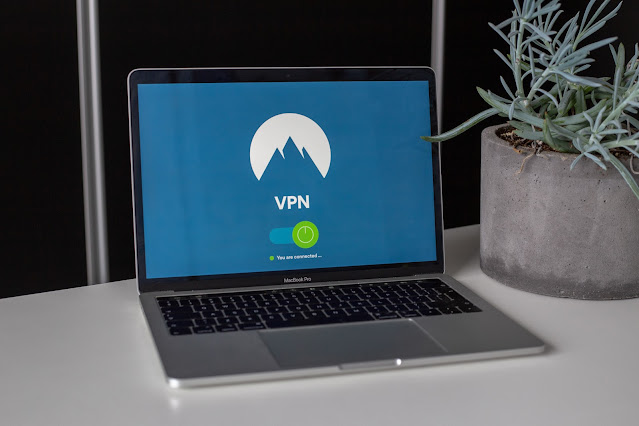However, with the aid of a Virtual Private Network (VPN), the user’s internet connection will be secured, preventing unauthorized access to the data or other online activity. So why one should have his VPN activity? And are there any situations that might require a user to turn it off?
Why should users leave
their VPN turned on?
VPN users are often perplexed on whether they should leave their VPN turned on or off. Most online users prioritize their online data security and anonymity, consequently preferring to leave their VPN turned on. But they do have their drawbacks too, including potential time lags, depending on the service being used. Here are some factors to consider about if you are unsure whether to leave your VPN on or not.
Browse the Internet Privately
Some people may need help understanding why VPNs are
required to keep you off the grid since all devices come with incognito mode,
which they believe has the same function. However, they do not. Incognito mode
only protects you from anyone who has access to your device.
By encrypting data, VPNs take it up a notch by preserving
your online anonymity and enabling you to access the internet more freely and
privately.
Protect Your Information from Hackers
One of the benefits of using a VPN is that it protects the user from potential vulnerabilities lurking across the internet. Hackers can work in a variety of ways in order to gain unauthorized access to sensitive user data or personal information, which could aid them to access victims’ bank accounts, credit cards, etc.
Bypass Geo-Restrictions on Content
Geoblocking is a tool used by services in order to restrict
user access to content in certain geographic locations. While turning the VPN
off will expose the online user’s real location and consequently restricts the
content, with the use of a VPN, one can bypass these restrictions.
When Should You Turn Off Your VPN?
While VPN serves as a significant tool to combat cyberattacks
and keep the users’ private data anonymous. Despite the many benefits, there
are instances when it is necessary for a user to turn their VPN off.
To Increase Internet Speed
One of the major benefits of using a VPN mentioned earlier is that it encrypts the user’s online presence. But this process takes time. The
amount of time that a VPN utilizes in order to encrypt user data could
negatively impact one's online experiences. Users may also face a longer wait for
a page to load.
To Prevent Fast Battery Drain
The choice of VPN can further impact a device’s battery
capacity. Usually, VPNs aid the same battery life as other applications on iOS
and Android devices, but some take a bigger battery chunk than others.
Naturally, every mobile device is unique, and the exact
battery usage depends on several variables. These include the level of VPN
encryption, mobile coverage, and whether or not the VPN runs in the background
at all times.
To Reduce Data Consumption
VPNs tend to use more data when encrypting. In case a user
has limited data, it would be best for him to turn off the VPN to restore his
internet activities and enjoy them without interruptions, such as streaming
music, downloading content, and surfing the web.
To Avoid Geo Location Illegality
Not everyone supports VPNs. A technique called VPN blocking was even created to hinder VPN use. Some countries like Iraq, Turkey, Russia, and China, use VPN blockers to limit their citizens’ exposure to inappropriate content. There’s no rulebook for what form of content gets blocked, as it is dependent on the location.
In countries that ban the use of VPNs, there are heavy
penalties for anyone caught using one. Users could also be fined as much as
$5,000, and they would not be able to rely on their VPN provider to help them out.
Should you use a VPN?
When using the internet, a VPN is a crucial security tool
that keeps you protected. Between your device and your service provider, they
build an encrypted tunnel, through which all of your information travels and is processed securely.
There are many advantages and drawbacks associated with
staying connected via a VPN. Assess why you have to use a VPN and consider if
the disadvantages may disproportionately affect you. Whether you leave your VPN
on or off, it is most important that you browse safely.









